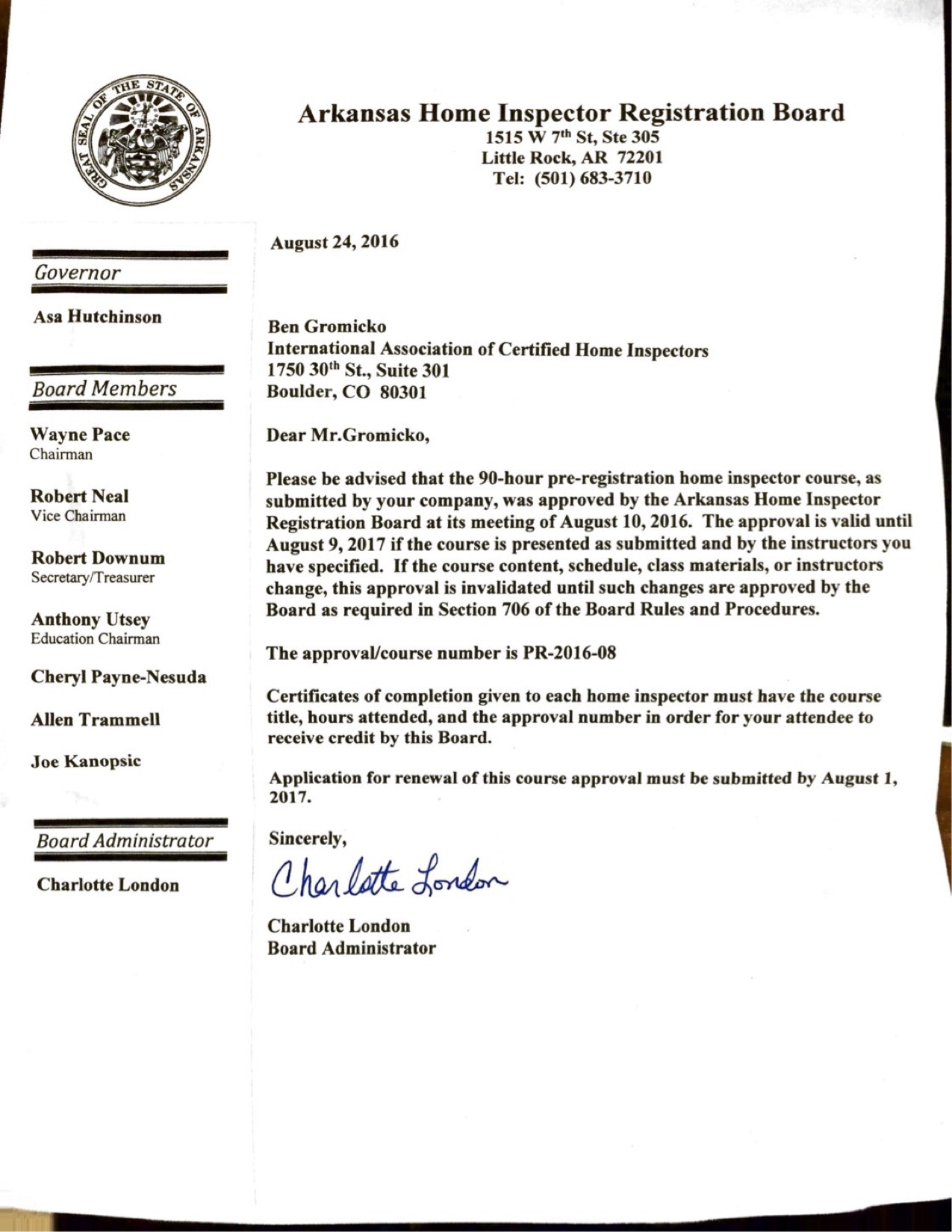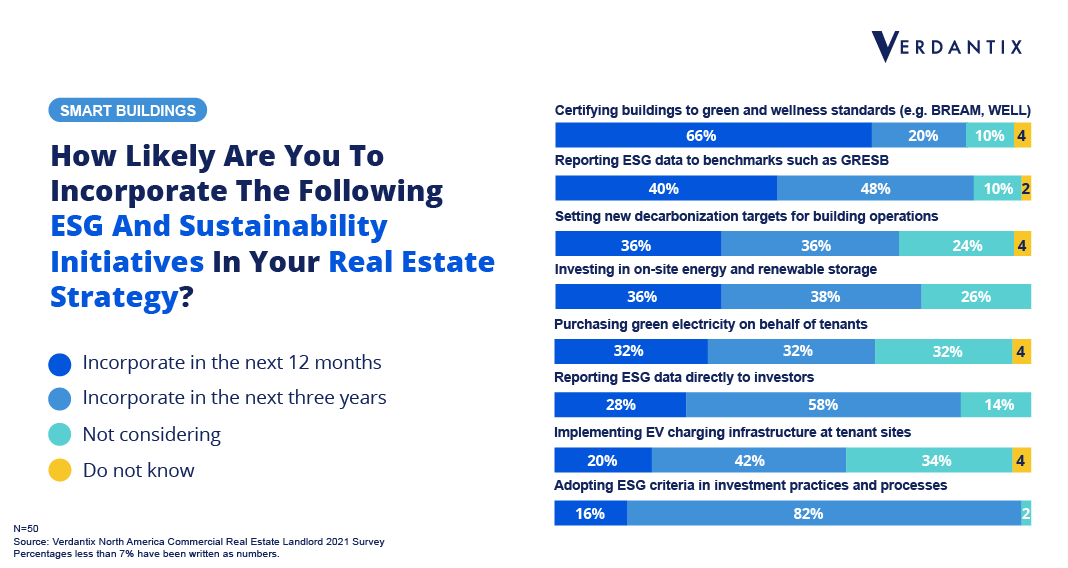
Here are some tips to maximize your real estate investment returns. Read on to learn more about the types of properties you can invest in. The article will also cover the importance of location, asset protection, and refinancing existing properties. You can then take advantage these tips to increase your investment success. This article will help you if your first investment or if multiple properties are in your future.
Investment properties
What makes investment properties for real-estate investors attractive? Your personal goals, the market you are in, and your preferred strategy for investing will determine your answer. There is no right answer. Therefore, it is crucial to weigh the pros & cons of various investment options. The location is important as well. Investors in "up-and coming" markets may be more interested vacant land investments, while investors in "mature markets" may be more attracted to residential properties.

Asset protection
You have a number of options to protect your assets when you are serious about investing in real property. Real estate investors typically use landlord insurance, with a small amount of debt. However, it is possible to protect your assets by holding real estate in an LLC/trust. Be sure to take into account how much equity has been built up on your properties. Ultimately, the best strategy will depend on your goals, investments, and risk tolerance.
Location
Real estate investing depends on location. This will impact the return on your investment. Although less lucrative properties may be more profitable than expensive ones, it's still important to evaluate the surrounding area. While some neighborhoods are growing, others might not be the best investment. It is important to consider the area’s affordability and the job market before you decide whether this property is the right one for you. Be sure to thoroughly inspect the property before you make a decision.
Refinance existing property
Refinancing existing properties for real-estate investors allows you to take advantage of lower interest rates and lowered monthly payments to maximize your investment. Refinance your existing properties will allow you to use the equity that has been built to the property to improve or finance other investment properties. A refinance may also offer tax deductions, so it's a great option for investors. However, it involves several steps. Here's how you can get started.

Manage your portfolio
There are many choices to be made when you start your own real estate portfolio. The right asset allocation will depend on your goals, risk tolerance, and risk tolerance. Higher returns mean you will have to take more risks. Investors seeking predictable and stable incomes will be happier investing in safer options. Generally, a higher risk tolerance leads to a more aggressive real estate portfolio. But how can you choose which investments to make?
FAQ
Are flood insurance necessary?
Flood Insurance protects you from flooding damage. Flood insurance can protect your belongings as well as your mortgage payments. Learn more about flood coverage here.
How do I get rid termites & other pests from my home?
Your home will be destroyed by termites and other pests over time. They can cause serious damage and destruction to wood structures, like furniture or decks. You can prevent this by hiring a professional pest control company that will inspect your home on a regular basis.
What should I look out for in a mortgage broker
People who aren't eligible for traditional mortgages can be helped by a mortgage broker. They work with a variety of lenders to find the best deal. This service may be charged by some brokers. Others offer no cost services.
How can you tell if your house is worth selling?
Your home may not be priced correctly if your asking price is too low. If you have an asking price well below market value, then there may not be enough interest in your home. You can use our free Home Value Report to learn more about the current market conditions.
Should I buy or rent a condo in the city?
Renting could be a good choice if you intend to rent your condo for a shorter period. Renting allows you to avoid paying maintenance fees and other monthly charges. However, purchasing a condo grants you ownership rights to the unit. You can use the space as you see fit.
What are some of the disadvantages of a fixed mortgage rate?
Fixed-rate mortgages tend to have higher initial costs than adjustable rate mortgages. Also, if you decide to sell your home before the end of the term, you may face a steep loss due to the difference between the sale price and the outstanding balance.
What amount should I save to buy a house?
It depends on how much time you intend to stay there. Save now if the goal is to stay for at most five years. If you plan to move in two years, you don't need to worry as much.
Statistics
- This seems to be a more popular trend as the U.S. Census Bureau reports the homeownership rate was around 65% last year. (fortunebuilders.com)
- Over the past year, mortgage rates have hovered between 3.9 and 4.5 percent—a less significant increase. (fortunebuilders.com)
- The FHA sets its desirable debt-to-income ratio at 43%. (fortunebuilders.com)
- Based on your credit scores and other financial details, your lender offers you a 3.5% interest rate on loan. (investopedia.com)
- Private mortgage insurance may be required for conventional loans when the borrower puts less than 20% down.4 FHA loans are mortgage loans issued by private lenders and backed by the federal government. (investopedia.com)
External Links
How To
How to Find an Apartment
Finding an apartment is the first step when moving into a new city. This involves planning and research. It involves research and planning, as well as researching neighborhoods and reading reviews. There are many ways to do this, but some are easier than others. Before renting an apartment, you should consider the following steps.
-
Researching neighborhoods involves gathering data online and offline. Online resources include websites such as Yelp, Zillow, Trulia, Realtor.com, etc. Online sources include local newspapers and real estate agents as well as landlords and friends.
-
Review the area where you would like to live. Yelp. TripAdvisor. Amazon.com have detailed reviews about houses and apartments. You may also read local newspaper articles and check out your local library.
-
For more information, make phone calls and speak with people who have lived in the area. Ask them what they loved and disliked about the area. Ask for recommendations of good places to stay.
-
Be aware of the rent rates in the areas where you are most interested. If you are concerned about how much you will spend on food, you might want to rent somewhere cheaper. You might also consider moving to a more luxurious location if entertainment is your main focus.
-
Find out about the apartment complex you'd like to move in. How big is the apartment complex? What price is it? Is it pet friendly What amenities is it equipped with? Are you able to park in the vicinity? Are there any special rules that apply to tenants?